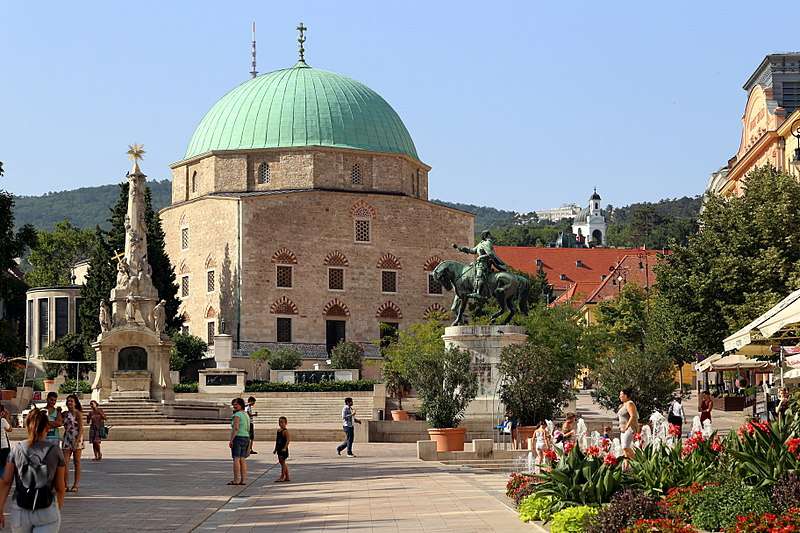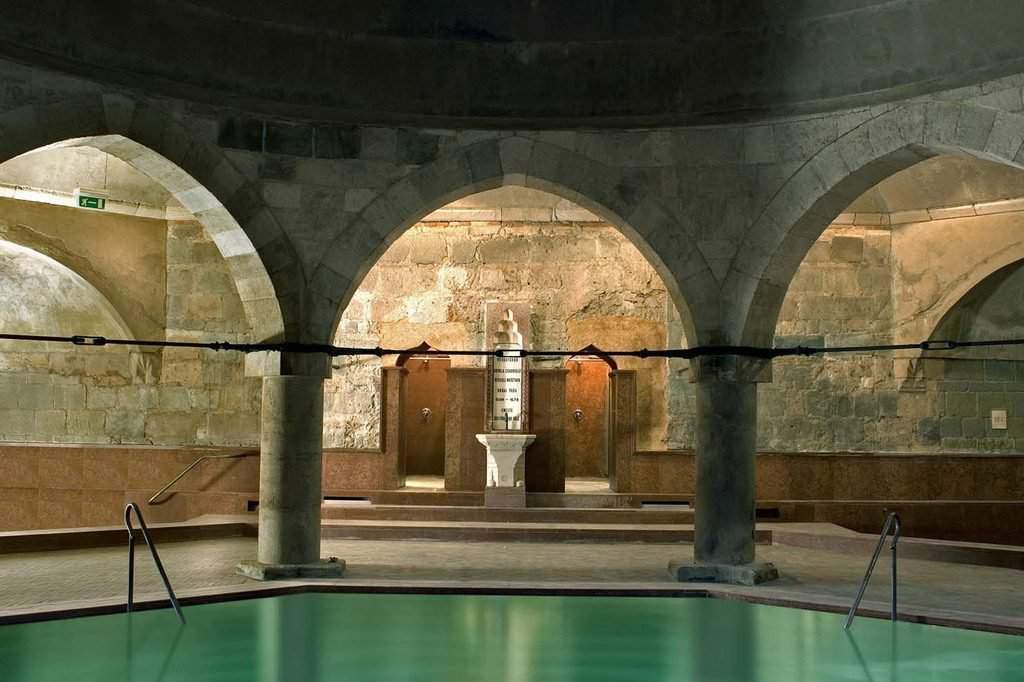Change language:
Turks and Hungarians: friends, relatives or enemies?
We all know how Turkish people spent over a hundred and fifty years in Hungary in the 16-17th centuries, how the southern parts of the once medieval Kingdom of Hungary were under Ottoman rule and how they even took over Buda in 1541. The two cultures obviously had to mingle during those long decades.
During the Turks’ 15-decade-long stay in Hungary, they built many schools, mosques, baths, bridges, fountains, a few of which are still well intact, mostly in southern Hungary, while others were destroyed after the Ottoman conquest had finally left the country.

But architecture was not the only thing they influenced. Because there were many battles during they conquest of Hungary, the Hungarian population was stagnating, many tried to flee to territories not ruled by the Turkish, most Christians escaped to “Royal Hungary” led by the Habsburgs, so the Christian population of the country significantly decreased. Although, Ottomans were tolerant in terms of religion, Christianity was not prohibited.

The decline in Hungarian population was not only because of wars and moving elsewhere out of fear, it was also down to Ottoman raids, as well as diseases, such as the plague, and food shortage.
Now to some of the more positive things that the Turks gifted us with. Coffee. Before the Ottoman conquest, we did not have coffee. But by the 20th century, multiple coffee houses opened up, and it became a very important part of our day-to-day life and the social scene as well. Even today, how many times do you hear the question: “Hey, want to grab a coffee sometime?” Or something along those lines, when friends are planning on meeting up.
Another thing we all still enjoy are baths. Our capitol, Budapest, has 123 baths alone, four of which remain from the Ottoman rule: the Kiraly, the Rácz Bath, the Rudas and the Veli Bej Spa.

Photo: http://en.rudasfurdo.hu/galleries/rudas-thermal-baths-8
Read more about the history of Turkish baths in Hungary HERE.
Turkish and Hungarian also share many words, but that really is no surprise after spending 150 years together. But do they still have the same meanings, or have they changed since we parted ways a couple hundred years ago?
A Hungarian and a Turkish girl, Petra and Müge, sat down together to find out in a YouTube video.
Some words still have related meanings, for example “varos” means “town/city” in Hungarian, while in Turkish it means “ghetto.” Some have the exact same meaning such as “balta,” which means “axe” in both languages. And some mean the complete opposite, “gebe” in Turkish means “pregnant,” but in Hungarian it means “skinny” or a “thin horse.”








They were enemies
They are friends
They are distant relatives
They saved us from germanization
So Austria-Hungary DIDN’T exist and Hungarians didn’t learn German for GENERATIONS!?
Time to set a few things straight: The Ottoman Empire was founded by a Turkish clan, but from the 15th century the empire was a multi-ethnic confederation where Turks were degraded to infantry and simple farmers. Late 18th century, Turks became little by little represented again in the Ottoman elite with the influence of the Young Turk Movement and finally took over the establishment with the revolution of 1923 by general Kamal Ataturk. So, Ottomans and Turks are not exactly the same thing.